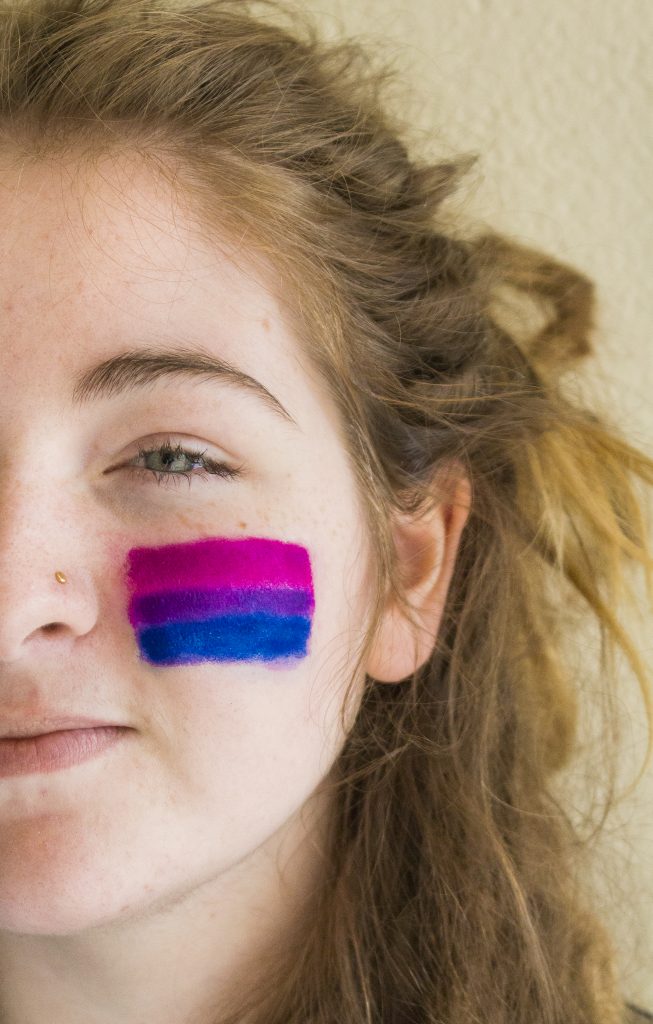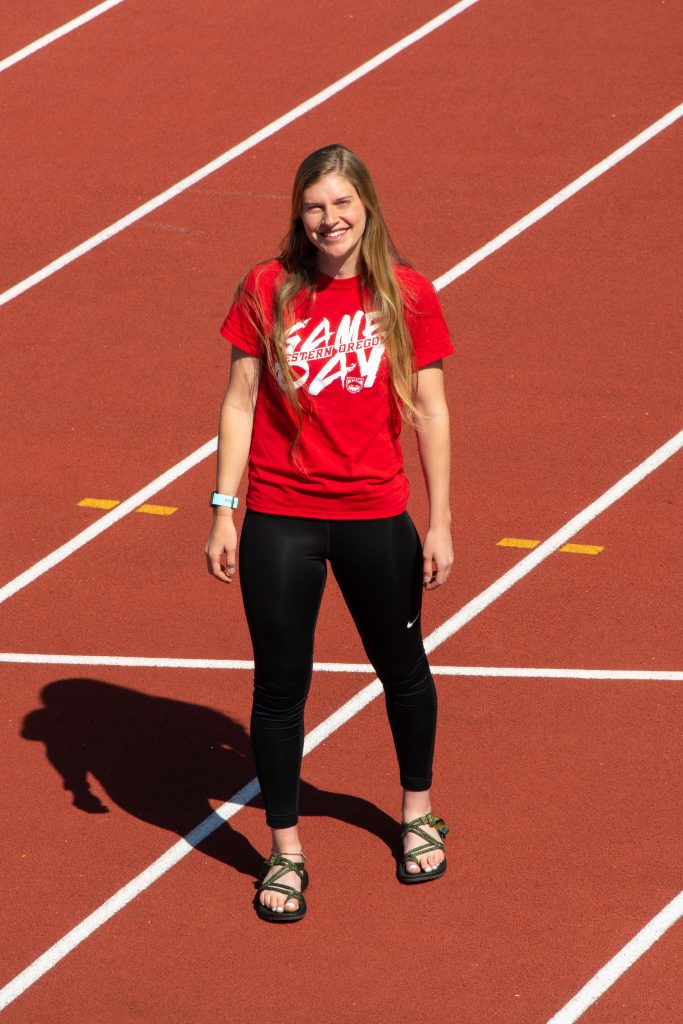
Caity Healy | Editor-in-Chief
“It’s such an integral part of my life, and I don’t know how it got to that point. I can’t imagine my life without sports,” said Rachel Bayly. A cross-country and track athlete in her junior year as a Wolf, Bayly has been involved in some sport — either cross country, track or basketball, and at times, all three — her entire life. So accustomed to that setting as part of her everyday life, it altered the way she experienced her time her at Western.
“Coming here … the team was such a family. So it made that transition to college so much easier,” commented Bayly.
But on top of the close-knit community she built with those around her each day, it changed her college experience in other ways, too.
“It teaches me time-management,” said Bayly. “It’s just this understanding that … I’m going to go to school but I’m also going to take on this other thing.”
Bayly grew up in Moscow, Idaho. A small town with a population around 25,000, according to census.gov. Although there’s often an idea that small towns leave teens with nothing to do, Bayly always kept herself busy.
“I was a three-sport athlete back in high school,” said Bayly. “So, definitely a lot going on. There was a one-day break between cross-country and basketball. I was always going.”
Aside from athletics, Bayly maintained a full schedule.
“My mom owns a daycare back in Moscow, so I worked at the daycare … So I’d get out of school, go and pick kids up from elementary school, take them back, do homework with them, then I’d go to practice,” said Bayly.
Any free time that Bayly came across usually happened during the summer. When she had it, she took advantage of it.
“There’s not a lot to do in Moscow,” explained Bayly. “But I’d go downtown with friends. I have a lot of family in Moscow … so weekends with family, barbecues and stuff like that.”
The small town charm that Bayly found with Moscow actually played a part in why she ended up coming to Western.
“Monmouth reminded me of Moscow. The farm fields all around, the trees… it’s really nice,” said Bayly. She also added that she came here because, “it was kind of the size of the school I was looking for … and then also the fact that the coach asked me to run on the cross country team was really exciting.”
Now a student at Western, Bayly’s major is interdisciplinary studies with focuses in early childhood education and social science. With that, she hopes to go into policy making to help low-income families afford high quality care for their children. But her absolute dream job goes even deeper than that.
“It’s hard because I’ve always had this vision of every kid in the United States having access to high quality early care … and every kid is loved and cared for in an awesome environment — I have no idea how to make that happen,” said Bayly. “So maybe my dream job would be a CEO of a nonprofit that’s doing amazing things for kids, or maybe a really influential policy writer … So I don’t know, I’m still figuring out the path.”
As a student in a town that’s 419 miles away from where she calls home, Bayly still manages to find ways to keep herself busy outside of her sport of the season.
“I like to read. I’m reading “Game of Thrones” right now so I’m avoiding social media because I don’t want spoilers from the show,” said Bayly. “I like hikes and being outside … my sister and I just went on a backpacking trip over spring break … And, of course, working with kids whenever I can.”
For those curious, Bayly’s favorite hike she has ever been on was to Opal Creek, when she went early in the season with her roommates last year, and her favorite book of all time was either “Kite Runner” or “Lord of the Rings.”
As for her future as an athlete, Bayly expressed emotion towards one sport that she has been neglecting in recent years.
“I really miss basketball, and I’m hoping to get into a rec-league or something,” she said. As for running, though, her plans for the future are clear.
“I love running,” Bayly said. “I can’t imagine my life without running, so I’ll definitely keep that up.”
Contact the author at howleditor@wou.edu
Photo by Paul F. Davis


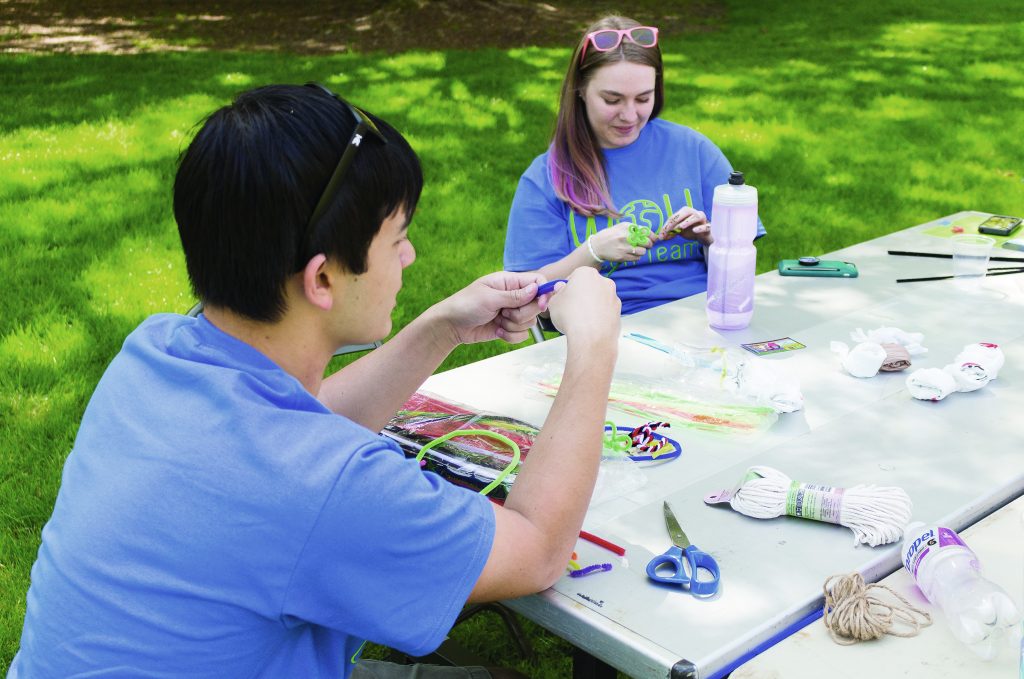
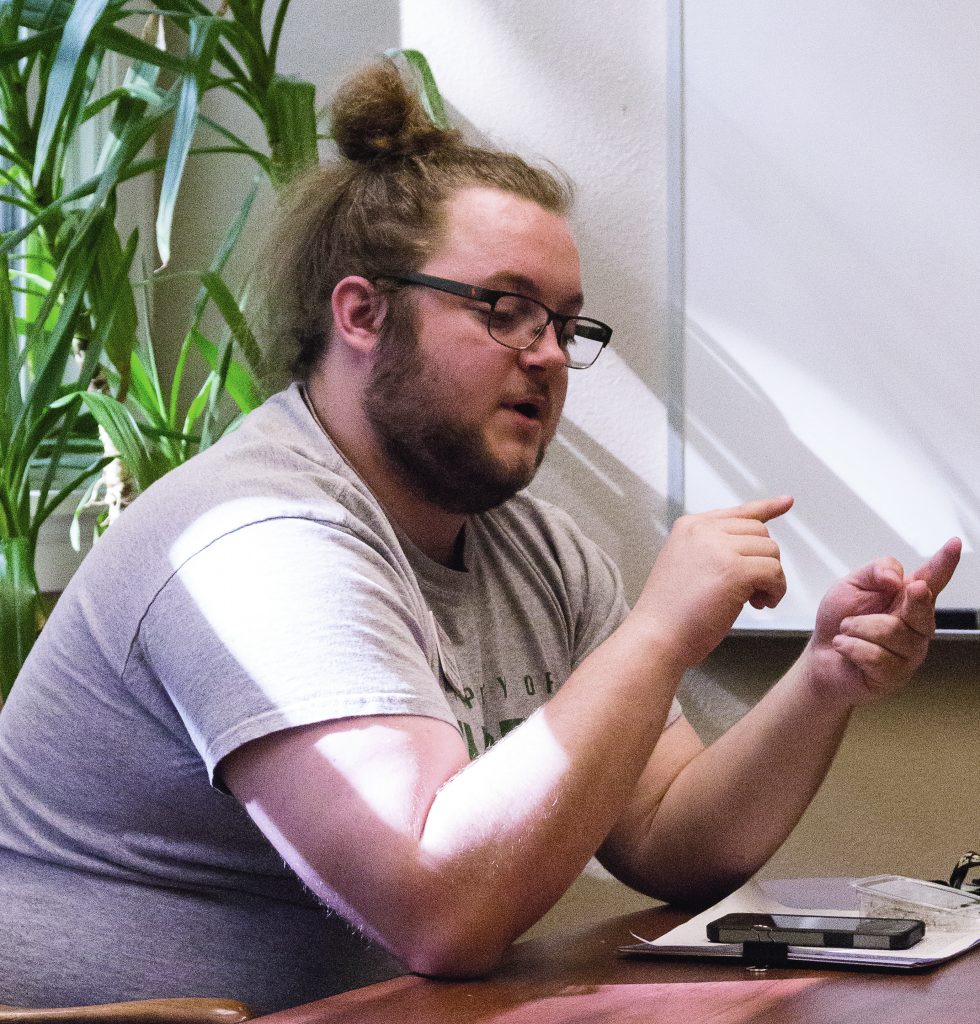
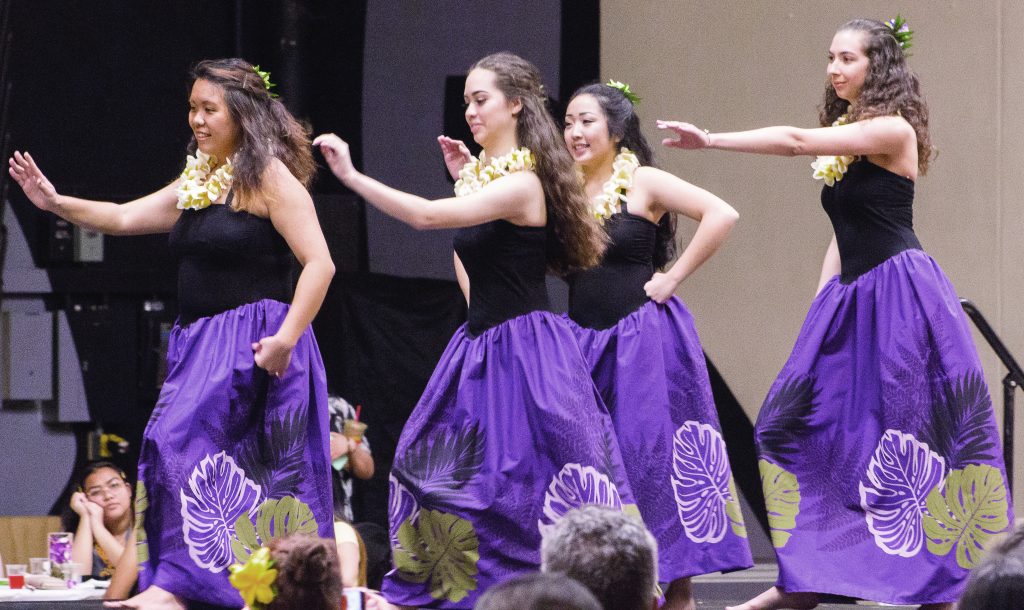
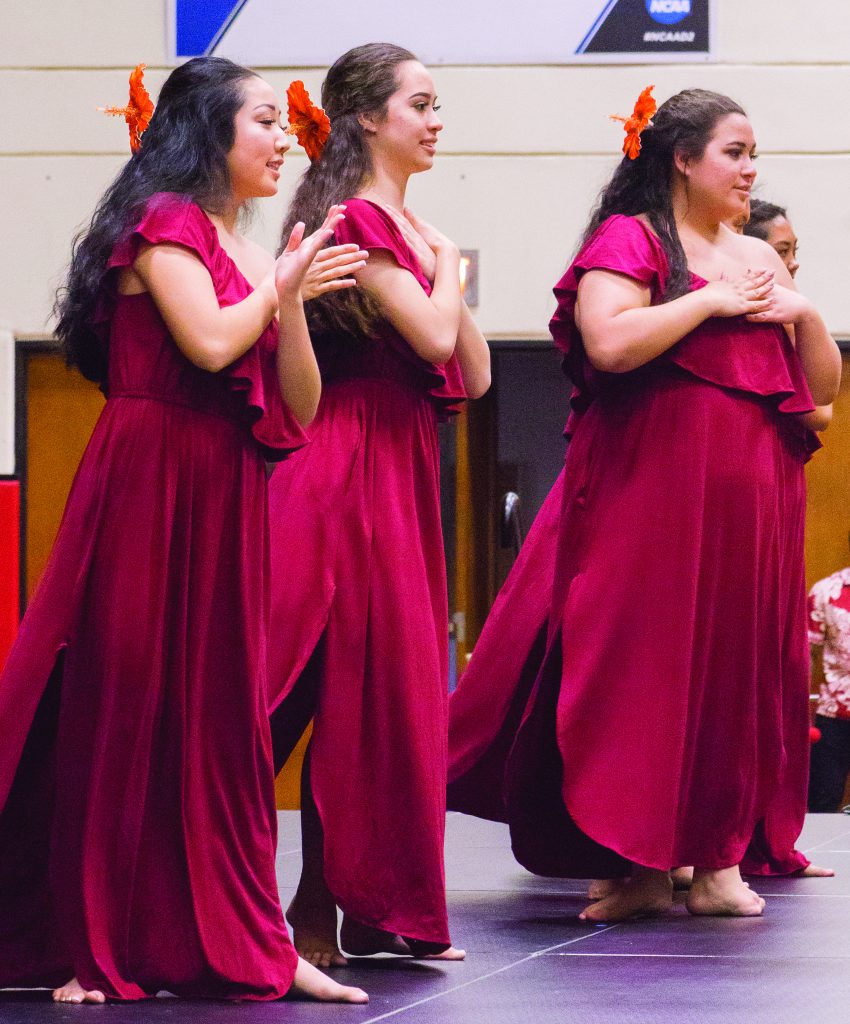 The theme for the 2019 L
The theme for the 2019 L
